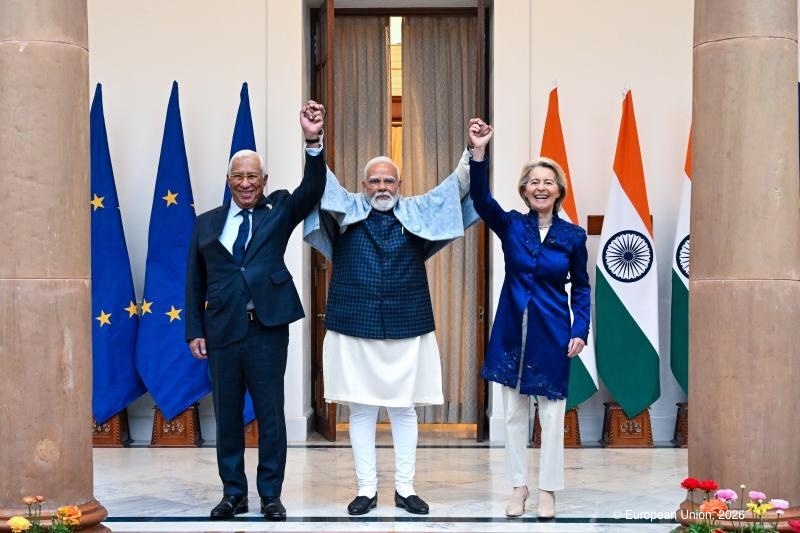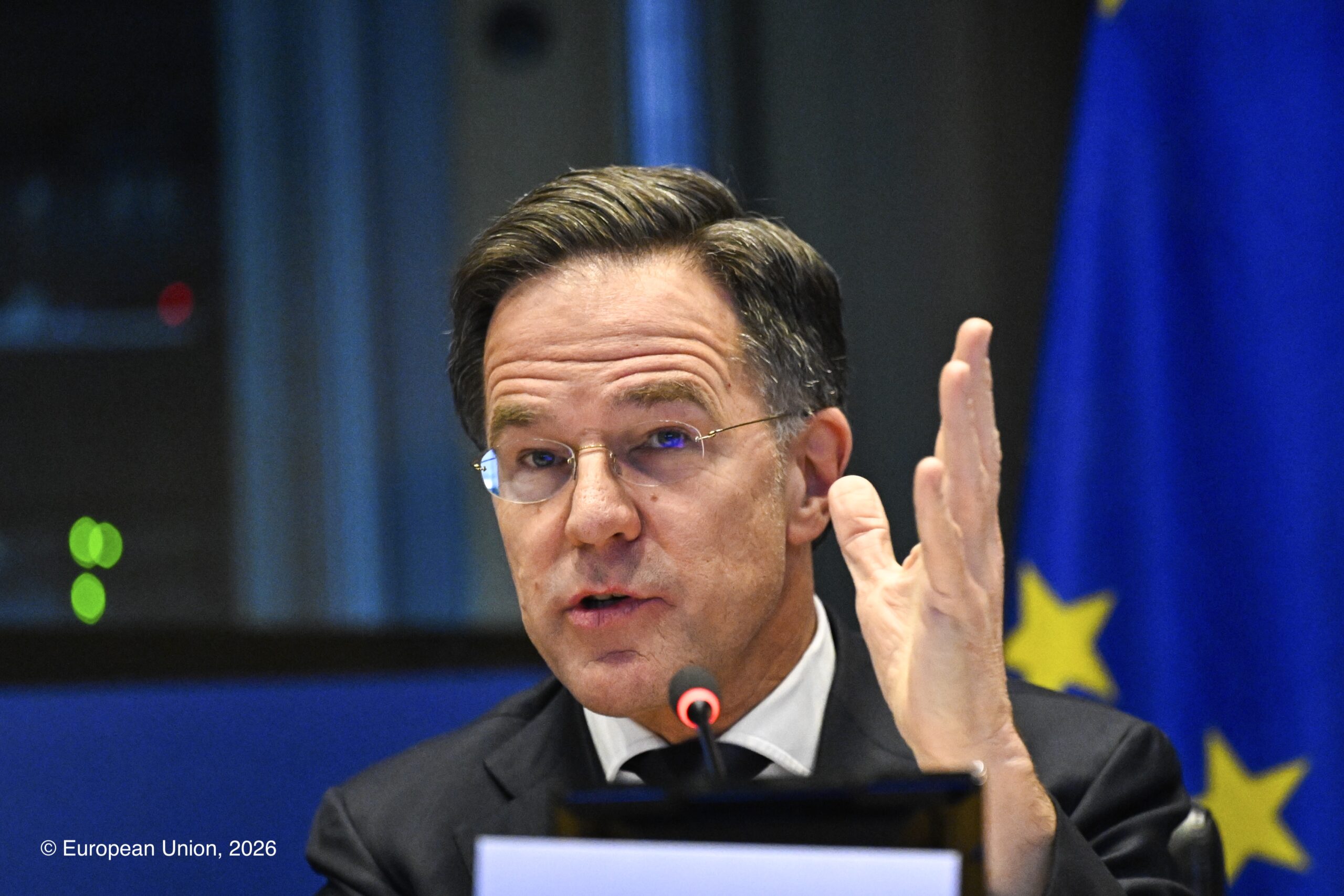The European Union faces an increasingly complex landscape of security challenges—from hybrid warfare tactics and climate crises to military threats along its borders. In response to these emerging concerns, former Finnish President Sauli Niinistö -who led his country’s bid to become a NATO member- unveiled on Wednesday (30 October) a comprehensive 164-page report on the European Union’s civilian and military preparedness. The report, titled Safer Together: Strengthening Europe’s Civilian and Military Preparedness and Readiness, offers an assessment of the EU’s current readiness and provides a roadmap for addressing the complex, interconnected challenges facing the bloc.
European Commission President Ursula von der Leyen, in her opening remarks presenting the report, highlighted that: “Preparedness must become part of the underlying logic of all our actions and address the full spectrum of threats and risks.”
A fully-fledged EU service for intelligence cooperation
One of the report’s most ambitious proposals is the establishment of an EU-wide intelligence agency, designed to address cross-border threats and unify intelligence efforts across member states. Unlike existing national intelligence services, this proposed agency would work in cooperation with national agencies while enhancing the EU’s overall capacity to counter espionage, sabotage, and hybrid threats. Niinistö envisions a gradual buildup of the EU’s intelligence structures toward a fully integrated service that can address strategic and operational security needs.
The agency would not aim to replace national intelligence but rather serve as a critical mechanism for collaboration, pooling resources, and enhancing the information flow. This proposal comes in response to increasing hybrid threats, particularly from Russia, and the need for more coordinated intelligence efforts across the bloc.
Budgetary commitment to security and defence
Niinistö also calls for a substantial increase in the EU’s budget allocation for defence and crisis preparedness, recommending that “at least 20% of the overall EU budget contributes to the EU’s security and crisis preparedness”. This recommendation is particularly significant, serving as a signal to the United States that Europe is committed to taking greater responsibility for its defence.
“If we are not doing all we can for our own security, we cannot expect others to do it for us,” Niinistö emphasized in the report, urging EU member states to move decisively in closing longstanding gaps with allies in military readiness and industrial defence capabilities.
Hybrid Threats
With a sharp increase in hybrid threats, particularly from Russia, the Niinistö report dedicates a section to the “growing threat” posed by malicious cyber campaigns, disinformation, and the use of migrants as tools of political manipulation. The report highlights that the EU should build on recent legislation, such as the European Media Freedom Act and the Digital Services Act, to counteract the spread of disinformation and safeguard democratic values.
Additionally, Niinistö calls for cross-sector tools to protect intellectual property and technological innovations, particularly in high-stakes areas like artificial intelligence, biotechnology, and microchip manufacturing. The report also warns of the escalating risks posed by climate change, stressing the need for a proactive stance on climate resilience.
Conclusions
The Niinistö report transcends traditional analysis, offering a strategic roadmap for European resilience. It challenges the EU to shift from reactive crisis management to proactive preparedness by identifying and addressing critical vulnerabilities.
Drawing on Lenin’s strategic advice—”Probe with bayonets: if you encounter mush, proceed; if you encounter steel, withdraw”—the report exposes how modern adversaries seek to exploit European weaknesses. From social fragmentation to economic dependencies, these strategic probes aim to destabilize the EU.
The document’s core message is clear: Europe must become a fortress. This means fortifying intelligence networks, increasing security investments, and deepening cooperation among member states. The goal is not just defence, but prevention—transforming potential vulnerabilities into strengths.

